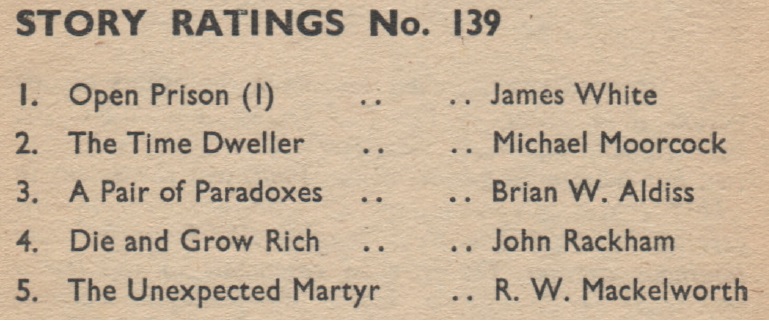
by John Boston
Still Long, Still Hot

Big surprise: Goodman, Chaney, and Schwerner, the three civil rights workers who disappeared in June in Mississippi after being pulled over for speeding in Neshoba County and then released, have been found dead, buried under an earthen dam, two of them shot in the heart, the third shot multiple times and mutilated. The sheriff of Neshoba County had said, “They're just hiding and trying to cause a lot of bad publicity for this part of the state.” During the six weeks that law enforcement was failing to find their bodies, they did find the bodies of eight other Negroes, five of them yet unidentified—business as usual, apparently, in that part of the country.
The Issue at Hand

by Robert Adragna
The September Amazing has a different look from the usual hard-edged Popular Mechanics-ish style of Emsh and especially of Alex Schomburg. Robert Adragna’s cover features surreal-looking buildings and machinery against a bright yellow background (land and sky), a little reminiscent of the familiar style of Richard Powers, but probably closer to that of the UK artist Brian Lewis, who brought the mildly non-literal look in bright colors (as opposed to Powers’s often more morose palette) to New Worlds and Science Fantasy for several years.

The contents? Within normal limits. Business as usual here, too, though less grisly.
The Kingdoms of the Stars, by Edmond Hamilton

The issue leads off with The Kingdoms of the Stars, by Edmond Hamilton, a sequel to his novel The Star Kings, which originated in Amazing in 1947, and is to the subgenre of space opera what the International Prototype of the Kilogram is to the realm of weights and measures. In The Star Kings, regular guy John Gordon of Earth finds his mind swapped with that of Zarth Arn, a prince of the far-future Mid-Galactic Empire, and ends up having to lead the Empire’s space fleets against the forces of the League of Dark Worlds (successfully of course, despite a rather thin resume for the job). He also hits it off with Princess Lianna of the Fomalhaut Kingdom before he is returned to his own Twentieth Century body and surroundings.
The new story opens in a psychiatrist’s office, with John Gordon much perturbed by his memories of chasing around the galaxy and wooing a star-princess. He wants to find out if he is delusional. This may be a case of Art imitating Life, or at least imitating somebody else’s account of Life with the serial numbers filed off. Hamilton surely knows of (and I think is sardonically guying) The Fifty-Minute Hour (1955), a volume of six case histories by the psychiatrist Dr. Robert Lindner, one of which, The Jet-Propelled Couch, involves a similar story of a patient with detailed memories or fantasies of living in a spacefaring far future, which he ultimately abandoned and admitted were delusions.
But shrink notwithstanding, Gordon is brought back into the future, corporeally this time, by the benevolent machinations of Zarth An. Princess Lianna is anxiously awaiting him, but this time he’s in his own body and not Zarth An’s, and she’s going to have to get used to it. Meanwhile, they trundle off to the Fomalhaut Kingdom to attend to the affairs the Princess has been neglecting. En route, to avoid ambush, they head for the primitive planet Marral, ostensibly to confer with the Princess’s cousin Narath Teyn (who is in fact one of the schemers against her). Various intrigues and diversions occur there, followed by a narrow escape that sets the scene for the next in what obviously will be a series.
One can’t quarrel with the execution. Hamilton lays it on thick in the accustomed manner:
“Across the broad loom and splendor of the galaxy, the nations of the Star-Kings were marked in many-colored fire, crimson and gold and emerald green, blue and violet and diamond-white . . . the kingdoms of Lyra, Cygnus, Cassiopeia, Polaris, and the capital of the great Mid-Galactic Empire of Canopus. The Hercules Cluster blazed with its Baronies of swarming suns. To the south, as the cruiser beat westward toward Fomalhaut, the Orion Nebula sprawled its coiling radiance across the firmament. Far northward lay the black blot of the Cloud, where drowned Thallarna lay now in peace.”
Oh, and don’t forget the “vast wilderness of the Marches of Outer Space” (in space, can anyone hear you march?), presided over by the Counts of the Marches, who are allied to the Empire. And so on. Along the way there is plenty more colorful decoration, not least the telepathic struggle between a sinister gray-cowled alien and the deeply loyal Korkhann, Fomalhaut’s Minister of Non-Human Affairs, five feet tall and resplendent in gray feathers. At the end, Gordon concludes that this world beats hell out of the “sordid dream” of Twentieth Century life to which the psychiatrist wanted to confine him. Fiddle-de-dee, Dr. Lindner!
But—kings? It’s ultimately pretty depressing to be told that after two hundred thousand years, humanity hasn’t come up with something better than monarchy and all its cheesy pageantry. Bah! What this galaxy needs is a few good tumbrils and guillotines.
Three stars—a compromise between capable execution and shameless cliche.
Clean Slate, by James H. Schmitz

by George Schelling
There’s no monarchy in the issue’s other novelet, James H. Schmitz’s Clean Slate, but exactly what there is remains murky. It’s fifteen years since the Takeover, when several “men of action” . . . well, took over, though there’s no more explanation than that. There seem to be elections, or at least the risk of them, and public opinion has to be attended to if not necessarily followed.
The viewpoint character is George Hair, a Takeover functionary in charge of the Department of Education, and nominally supervisor of ACCED—a post-Takeover research program designed to develop “accelerated education” to produce enough adequately trained people to keep this complex modern civilization humming. Problem is the high-pressure regime of experimental ACCED, very successful in the short run, causes severe psychological problems as the kids get a little older. It seems having a personality gets in the way of this educational force-feeding for the greater good.
So they go to younger kids—less personality to get in the way–and when that doesn’t work, they get some newborns, who should have even less. Still doesn’t work. So they apply techniques of SELAM—selective amnesia—to get some of people’s inconvenient memories out of the way.
Maybe you’ve noticed that this is completely crazy. It gets more so: hey, why not just get rid of all the memories, to create the clean slate of the title? The guy running the ACCED program is the first subject of this total memory elimination, which, followed by intensive ACCED, will make him a superman!
But there’s a snag. A big one, with huge implications for the program, and the government, and the story ends on the brink of a denouement that is hair-raising, not to mention Hair-razing.
The story is a meandering mix of scenes with actual dialogue and action and long stretches of Hair’s ruminations and recollections about the history of ACCED and the politics of the post-Takeover government and his place in it. Like many of Schmitz’s stories, it really shouldn’t work at all, and does so only because he is such a smooth writer one is lulled into keeping on reading. That smoothness also distracts one from the fact that what he is writing about—the subjection of children first to an educational program that destroys them psychologically, and then to the eradication of part or all of their memories—is utterly monstrous, worthy of the Nazis’ Dr. Mengele (also something not unknown in Schmitz). Three stars and a shudder. This one is hard to put out of one’s mind.
The Dowry of Angyar, by Ursula K. Le Guin

by George Schelling
Fomalhaut rears its head again in Ursula K. Le Guin’s The Dowry of Angyar, which takes place on a human-and-other-sentients-inhabited planet in that system, one with enough contact with humans to be taxed for wars by them, but not much more. Semley, a princess of the Angyar, covets an elaborately jeweled necklace which has somehow vanished from her family’s treasury, goes on a quest for it among the planet’s other sentient species, and gets badly burned by her greed and by not understanding enough about what is going on. It’s very well written and visualized, as always with Le Guin, but its ostentatiously folk-taley and homiletic quality is a bit tedious to my taste, and it’s too long by about half—an off day for a class act. Nonetheless, three stars for capable writing.
The Sheeted Dead, by Robert Rohrer
by Virgil Finlay
Robert Rohrer is back with The Sheeted Dead, blurbed as “A tale of horror . . . a story not for weaklings,” illustrated by Virgil Finlay in a style reminiscent of the old horror comics that were driven out of existence by public outcry and congressional hearings. The story is written in the same spirit. In the future, humans have fought wars all over space, and as a result, “great clouds of radioactive dust blew through the galaxy.” To avoid extinction, Earth has Withdrawn—that is, surrounded itself with some sort of electronic barrier so no radiation can get in, meanwhile leaving its armies stranded around the galaxy to die.
A mutated virus brings the local deceased and decayed veterans to life, or at least to animation, in their mausoleums on Earth, and they set off for the illuminated cities searching for revenge for their abandoned comrades, and for the field generator, so they can turn it off, allowing them to see the Sun again, and also killing off everyone left alive. William Blake said, “The road of excess leads to the palace of wisdom.” We’re waiting. Meanwhile, this is at least (over)written with a modicum of skill and conviction. Two stars and a suppressed groan.
The Alien Worlds, by Ben Bova
Ben Bova’s The Alien Worlds continues his series on how humans could live on the planets of the Solar System, this time focusing on Mercury, Jupiter and the planets further out, and the planetoid belt (as he calls it, ignoring the more common usage “asteroid belt”). The material is mostly familiar and rendered a bit dully, as is frequent with Bova. Two stars.
Summing Up
Overall, not bad; most of the issue’s contents are at least perfectly readable, reaching the median through different combinations of fault and virtue. As always, one would prefer something a little bit above the ordinary; as all too frequently, one does not get it. In print and elsewhere.
[Come join us at Portal 55, Galactic Journey's real-time lounge! Talk about your favorite SFF, chat with the Traveler and co., relax, sit a spell…]

![[August 13, 1964] Plus ça change (September 1964 <i>Amazing</i>)](https://galacticjourney.org/wp-content/uploads/2019/08/amz0964cover-2-649x372.png)

![[August 3, 1964] Running hot and cold (August 1964 <i>Analog</i>)](https://galacticjourney.org/wp-content/uploads/2019/08/640803cover-672x372.jpg)



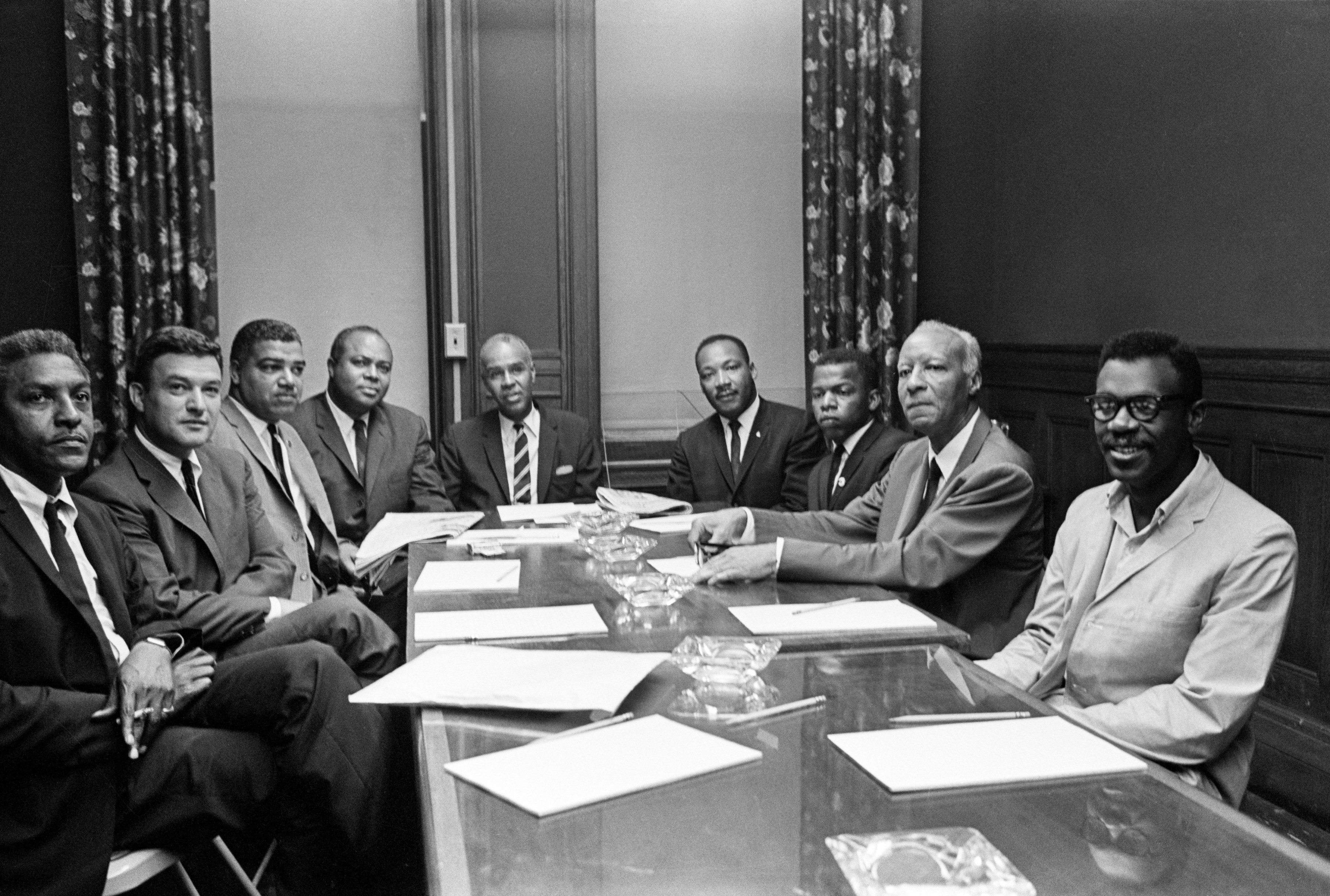

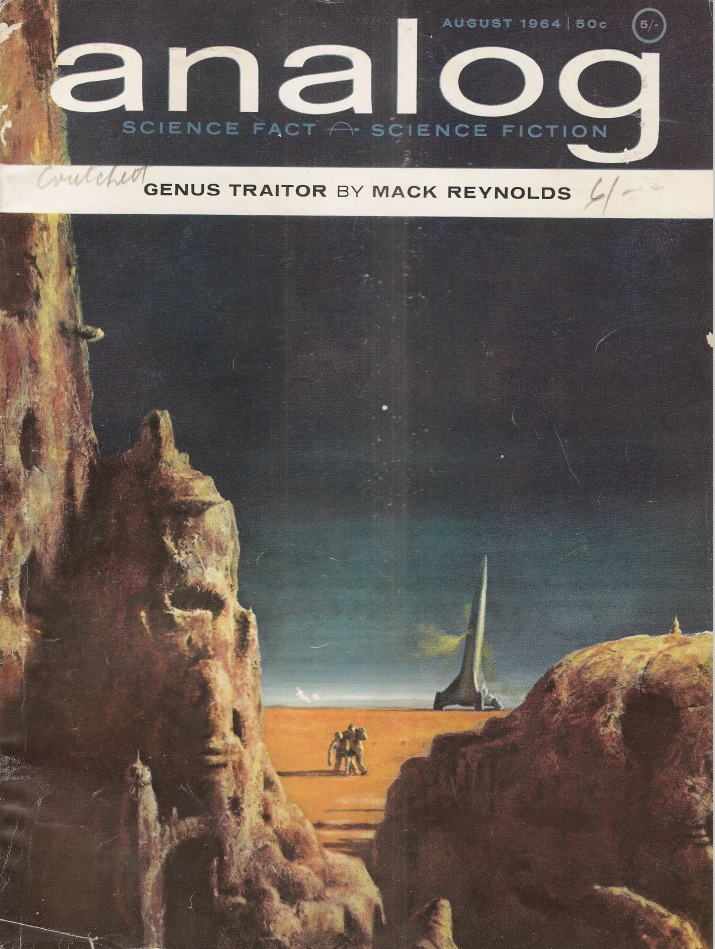

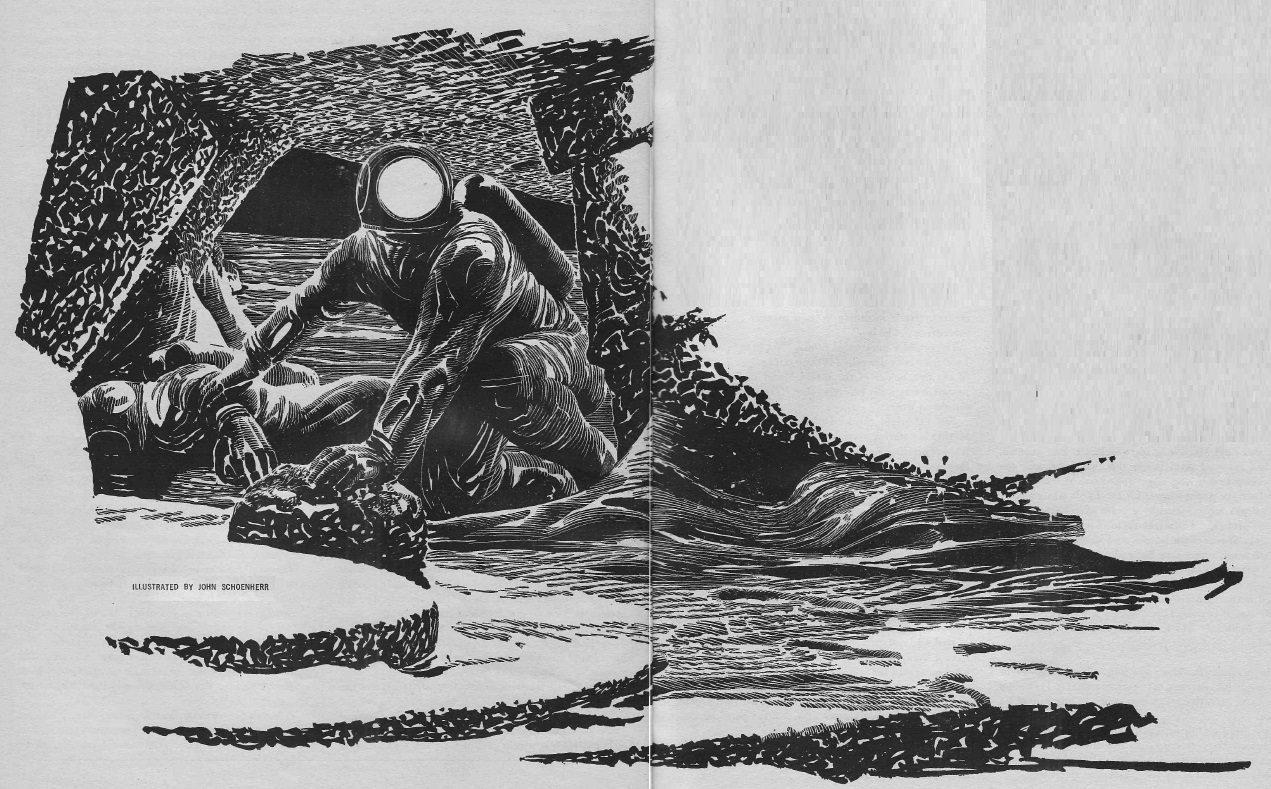

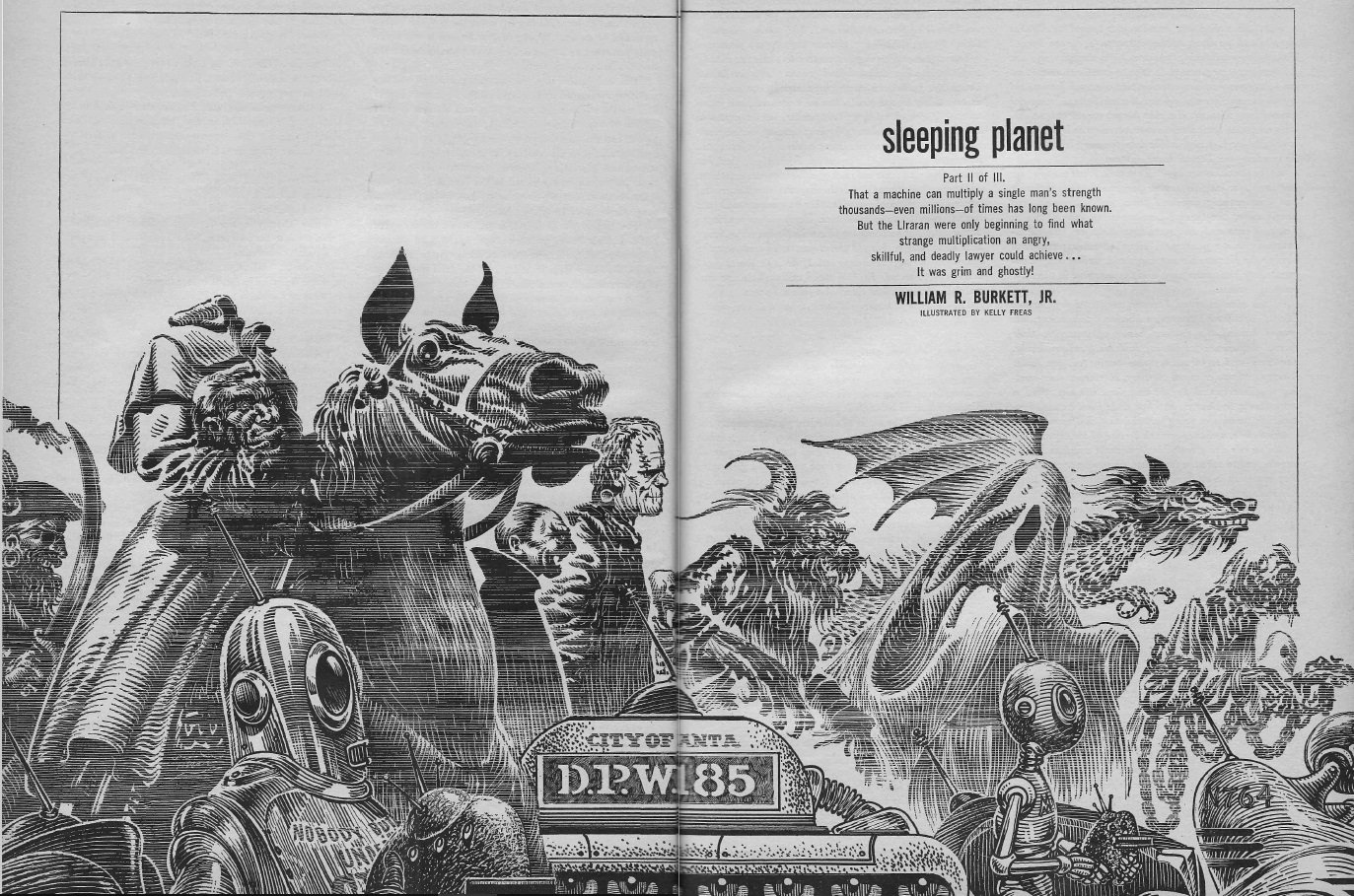

![[July 22, 1964] (August 1964 <i>Fantasy and Science Fiction</i>)](https://galacticjourney.org/wp-content/uploads/2019/07/640722cover-672x372.jpg)






![[July 20, 1964] Dashed Hopes (August 1964 <i>Fantastic</i>)](https://galacticjourney.org/wp-content/uploads/2019/07/26179-400x372.jpg)









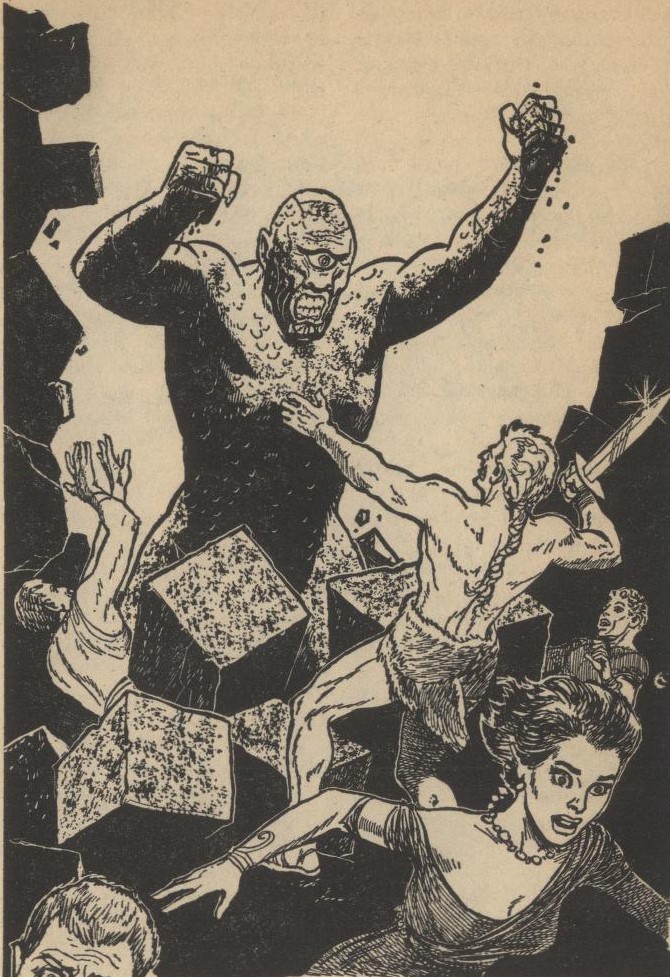



![[July 16, 1964] Un-Conventional (August 1964 <i>Galaxy</i>)](https://galacticjourney.org/wp-content/uploads/2019/07/640716cover-398x372.jpg)

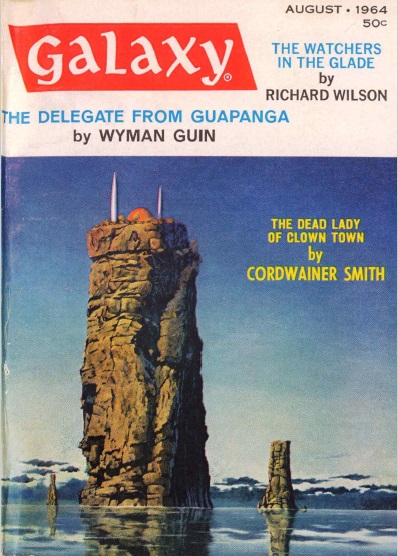
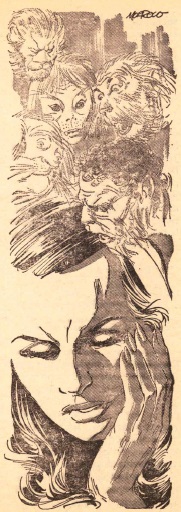
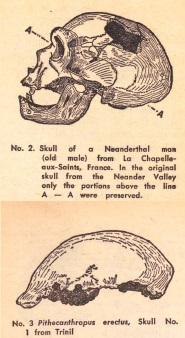
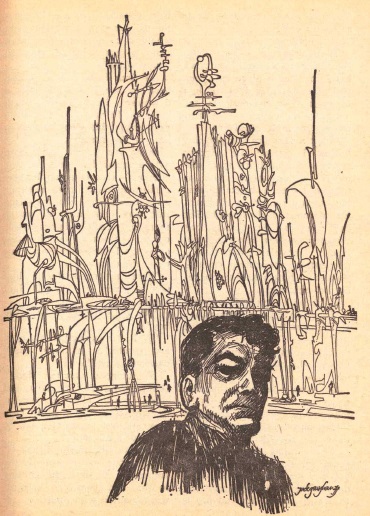
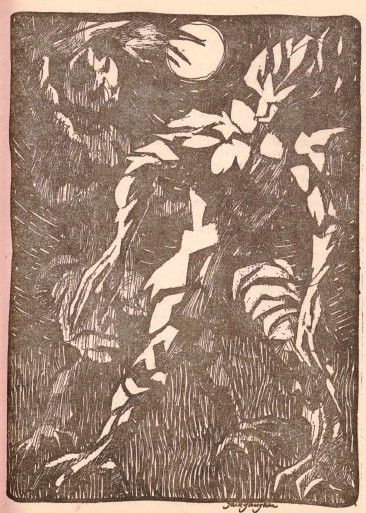
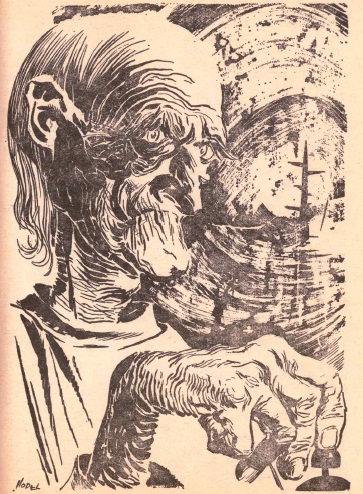
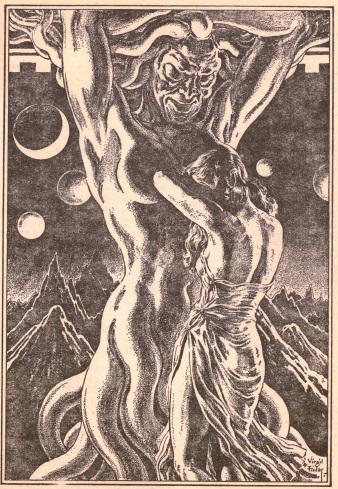
![[July 14, 1964] TO THE MOON, ALICE (the August 1964 <i>Amazing</i>)](https://galacticjourney.org/wp-content/uploads/2019/07/640714cover-659x372.jpg)









![[July 6, 1964] Busy Schedule (August 1964 <i>IF</i>)](https://galacticjourney.org/wp-content/uploads/2019/07/640706cover-672x372.jpg)

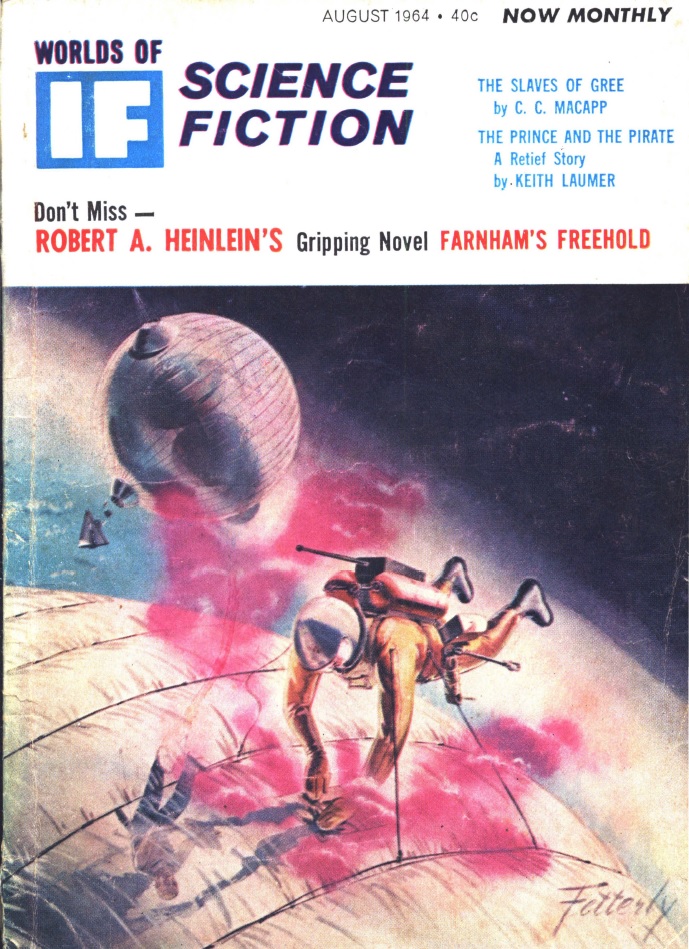
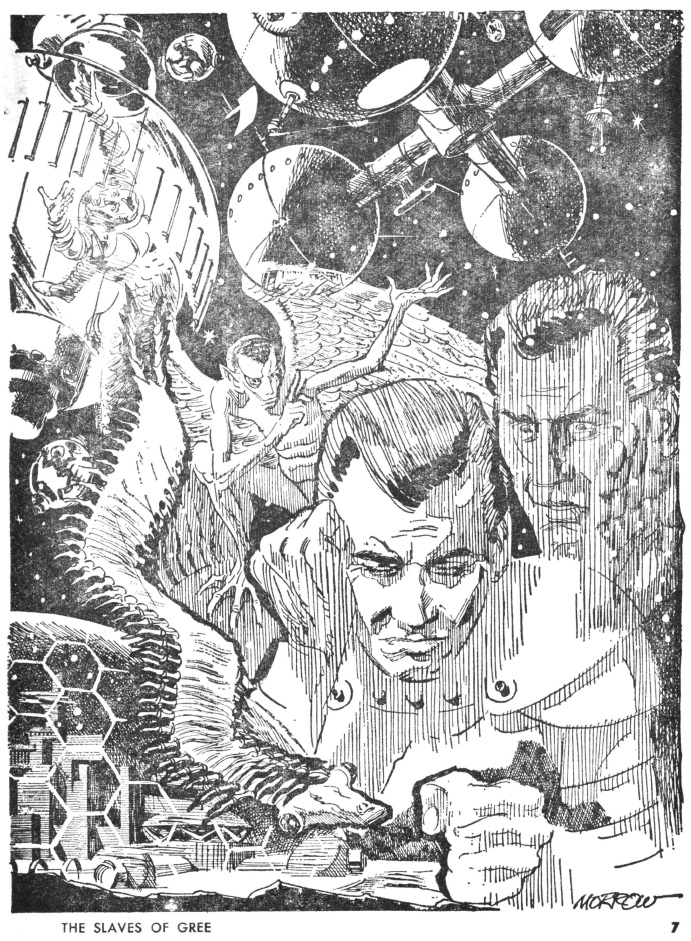
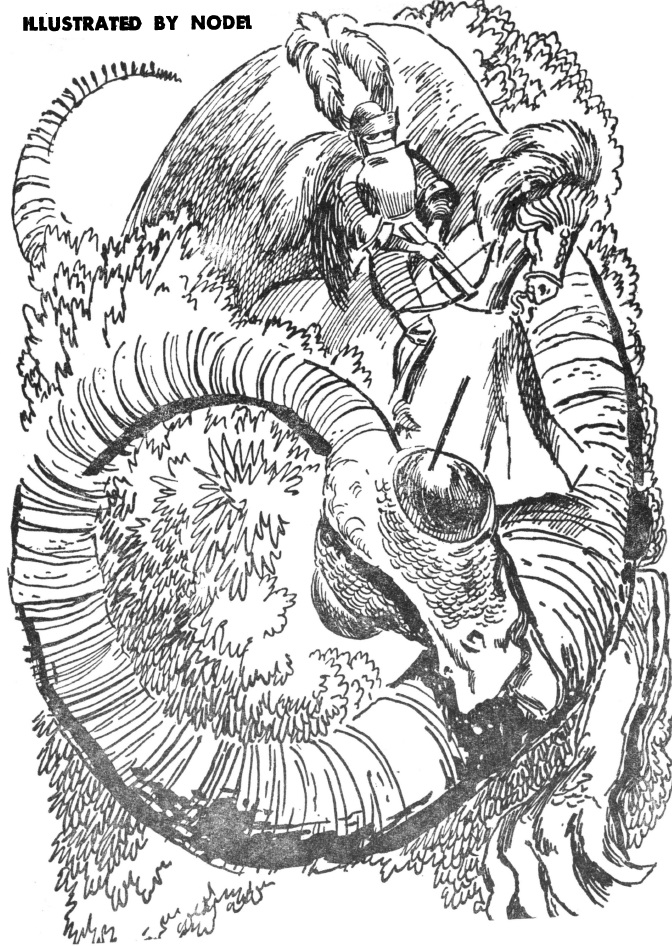
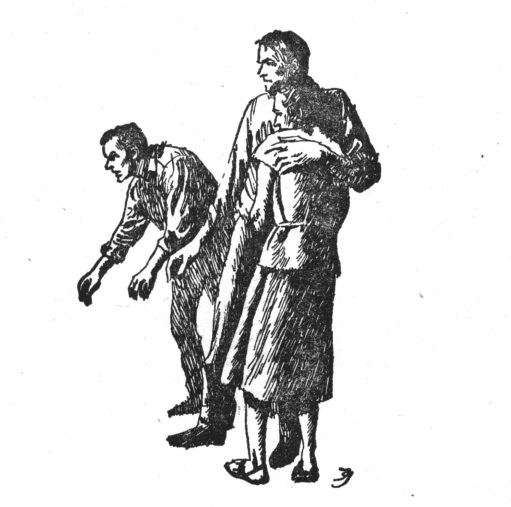
![[July 2, 1964] Completing the Tour (July 1964 <i>Analog</i>)](https://galacticjourney.org/wp-content/uploads/2019/06/640702cover-672x372.jpg)








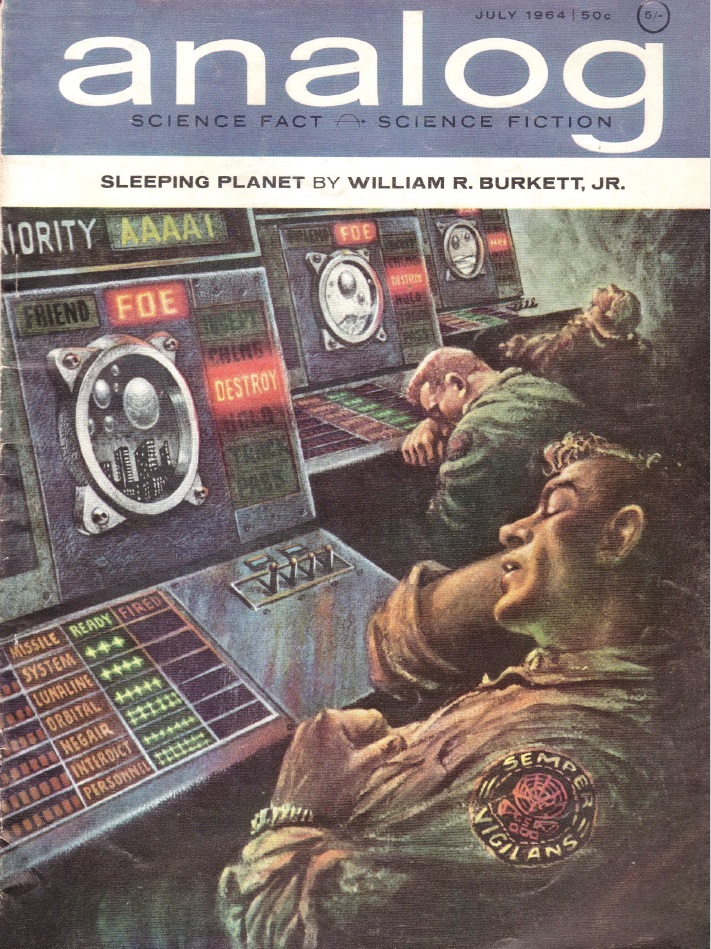

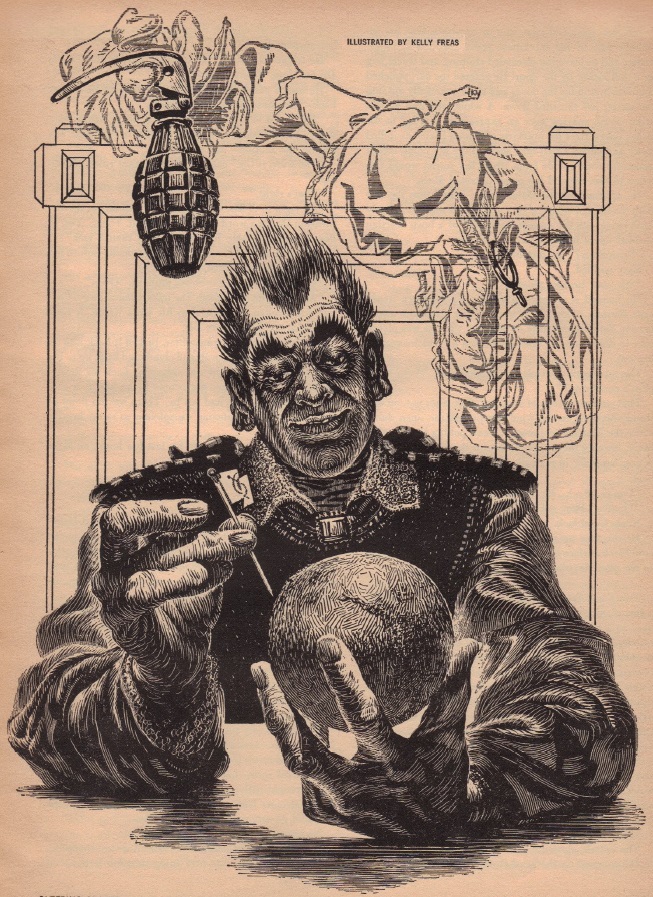
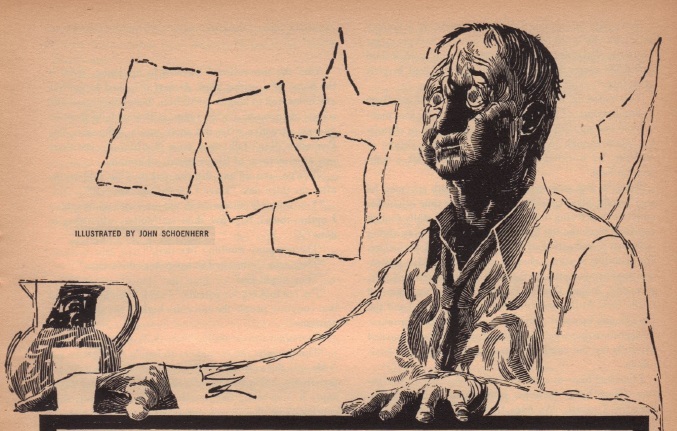
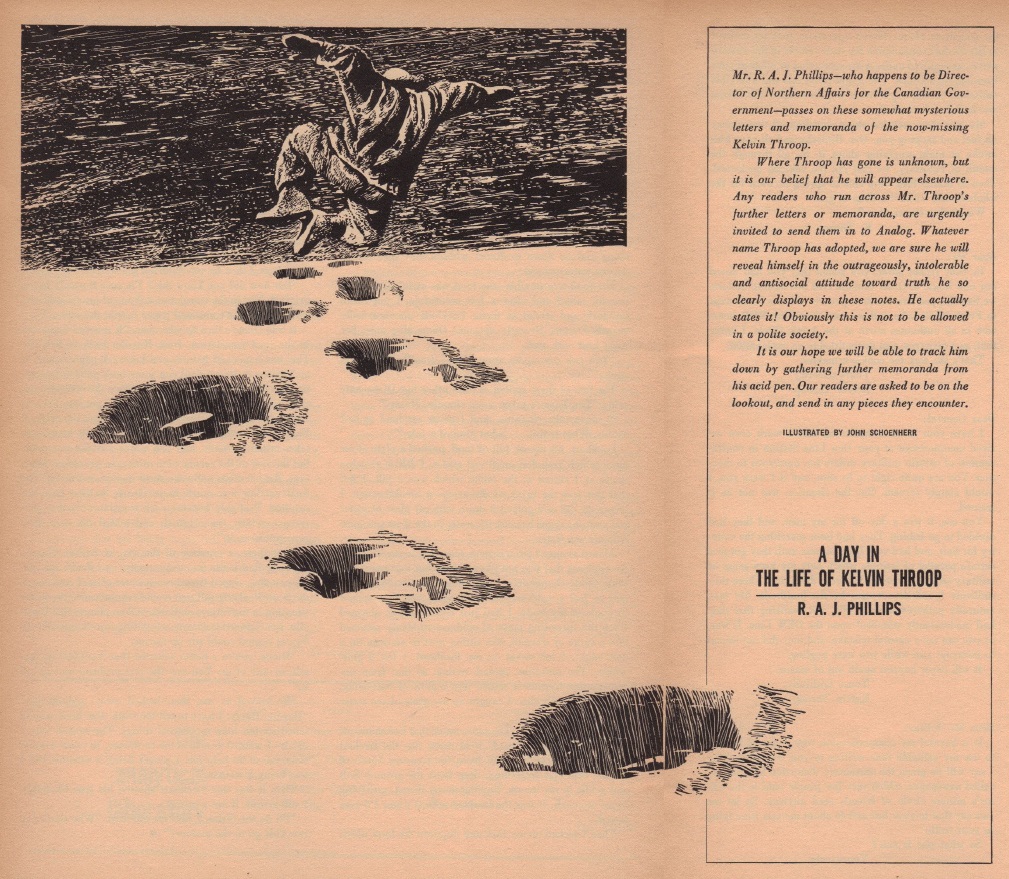


![[June 30, 1964] A big Delta (June 1964 <i>Gamma</i>)](https://galacticjourney.org/wp-content/uploads/2019/06/640630cover-453x372.jpg)








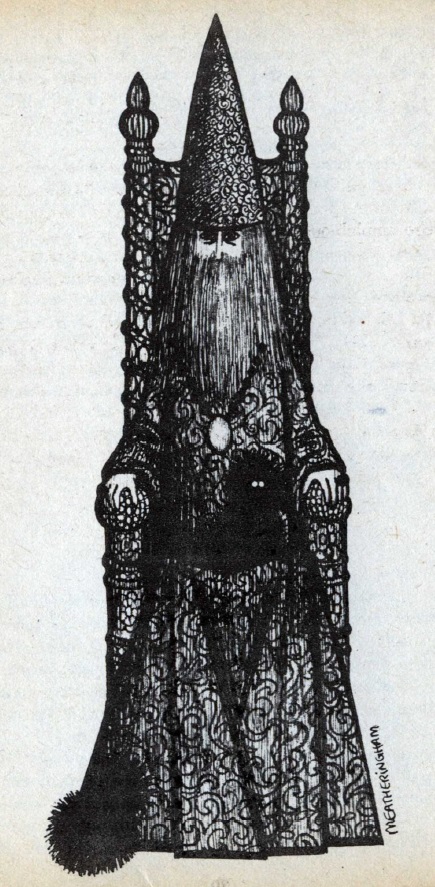






![[June 28, 1964] Not Quite What You Think. ( <i>New Worlds, July-August 1964</i>)](https://galacticjourney.org/wp-content/uploads/2019/06/640628cover-563x372.jpg)


